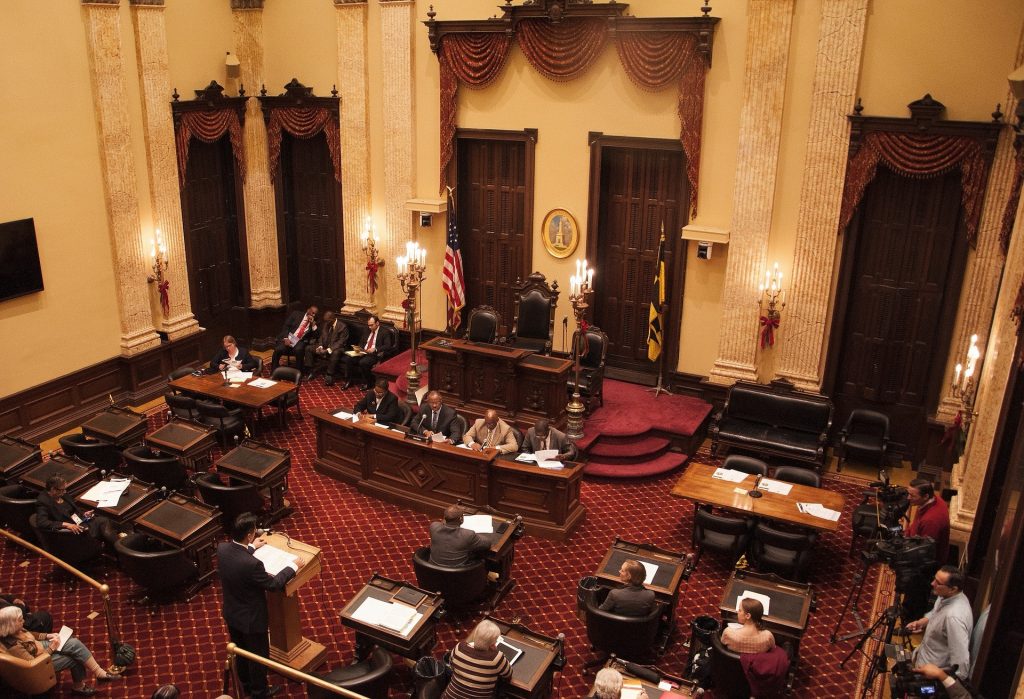CHOOSING THE BEST FORMAT FOR YOUR NEXT PUBLIC MEETING
A meeting organized around local or state community development projects should be handled with extreme care and preparation. According to a survey by Planners Web, when embarking on an important project or meeting preparation ranks highest in importance. Depending on the project unveiled in the community, one or a combination of the following meetings may be necessary to engage the community, foster openness, and build consensus.
First, let’s examine the formats below and determine which will work for your project.
● Open Public Hearings
An open public hearing is a type of public meeting that presents an opportunity to interested stakeholders to present their views and participate in an exchange of views with board members. This type of meeting is an important part of the public inquiry process, especially with subjects of unusual high community impact. The main goal of these meetings is to obtain feedback and collect information. Most importantly, these meetings are invaluable to policy makers before making decisions on behalf of the public.
● Regular Meetings
Planners can schedule regular meetings in advance, possibly once or twice a month. Also known as final public action meetings, these meetings allow the public and press to attend. An important aspect of this type of meeting is that its a public forum setting. In addition, the adoption of ordinances and regulations may take place at these gatherings. They allow for stakeholders to comment and, to some degree, receive responses from board members.
● Work Sessions
Work sessions fall under open meetings; they must be open to the public. Traditionally held away from formal meeting spaces, they take place with “round-table” seating arrangement. Rather than discuss day to day issues, these sessions provide more opportunities to engage in conversations regarding long term decisions and address major issues. Posted as public meetings, work sessions give the public opportunities to participate in foundational work for regular meetings and open public hearings.
● Emergency Meetings
Described as a general meeting occurring at an irregular time, due to the nature of unusual and reasonably unforeseen circumstances. We also refer to emergency meetings as special meetings. These types of meetings require immediate attention with little or no notice. Unexpected matters that require official action are the reasons behind emergency meetings.
● Executive Sessions
Executive sessions are closed meetings or in-camera sessions. The confidential nature of these meetings protect the best interests of an organization. Due to the discussion of legal matters, executive performances, and personnel issues, these meetings do not allow public and press attendance. An experienced executive team understands it must uphold the trust and confidence of their entity’s principles and practices.
All things considered, different agendas call for different meeting formats. Assess the topic at hand, the stage of your project, and select which format works best. Once this is accomplished, check out our blog on How to Deliver an Outstanding Presentation.



 (404) 210-0253
(404) 210-0253
 (404) 210-0253
(404) 210-0253
